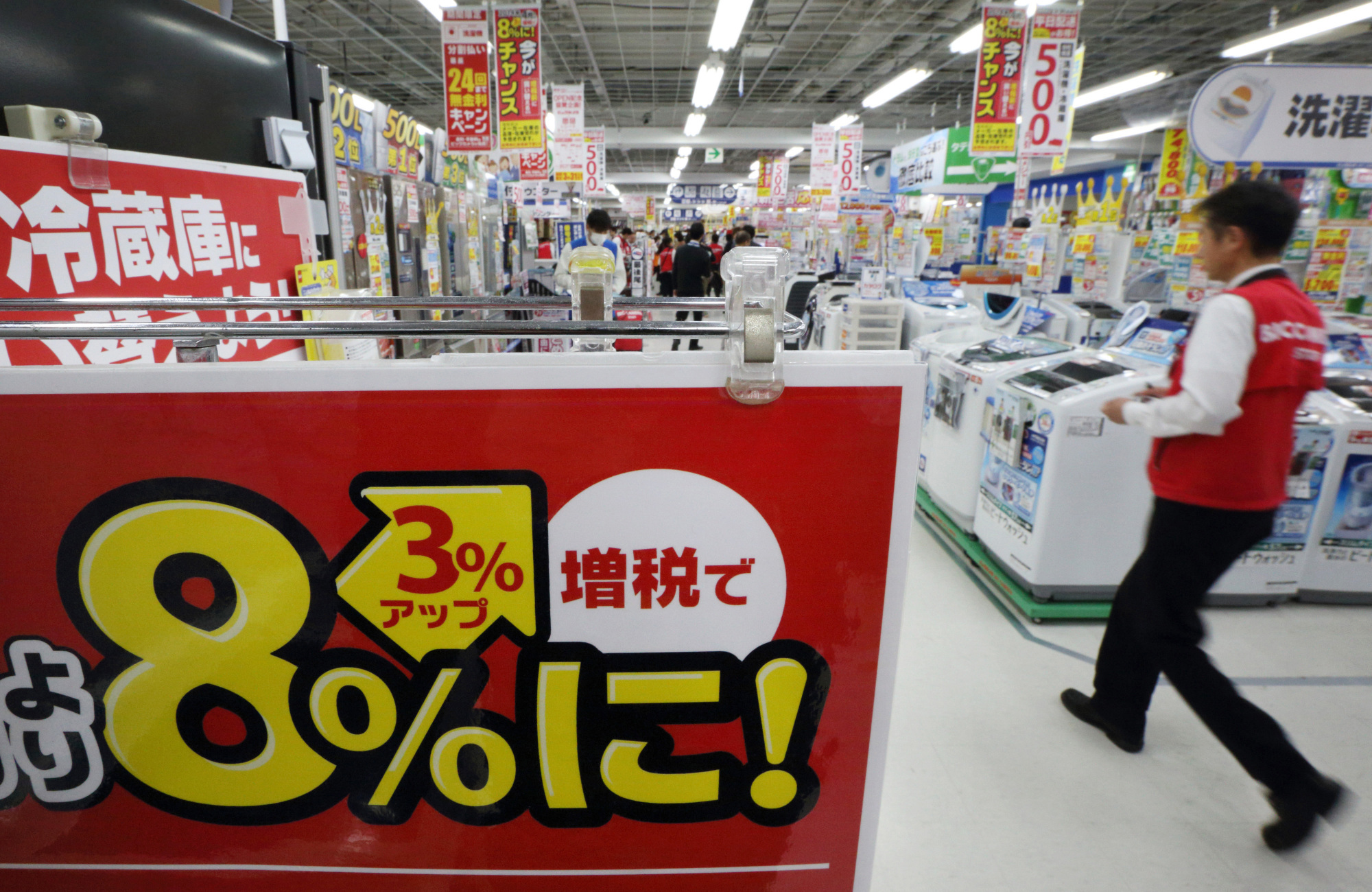For the 2019 Japan economic outlook, the hike in the consumption tax is causing headaches among economists and businesspeople alike. After all, the track record has been a perfect three out of three: Whenever taxes were hiked in the past, a recession followed. In fact, on all three occasions, the frantic front-loading of consumer purchases ahead of the price hikes forced a boom-bust cycle so disruptive that policymakers scrambled to compile countermeasures within three to six months of taxes going up.
The good news is that history may not repeat itself after the hike from 8 percent to 10 percent in October 2019. This is because Team Abe is actually trying to be proactive. Credible programs designed to cushion next year's blow to the purchasing power of the people will become a mainstay of the 2019 national budget. The creative energy of designing the countermeasures is amazing. In my view, although all the details are still to be finalized, the positive impact of exempting fresh foods from the tax hike as well as raising transfers to households for education and elder care together with some other policies should do the trick. The 2019 tax hike will be felt but won't choke off the economy like the previous increases did.
The bad news is that the current policy scramble to counter the expected negative impact on the 2019 economic cycle is coming at the cost of neglecting much-needed structural policy initiatives and changes that are vital for Japan's longer-term prosperity. It's almost as if Team Abe has decided to trade strategic vision for tactical gains.

















With your current subscription plan you can comment on stories. However, before writing your first comment, please create a display name in the Profile section of your subscriber account page.